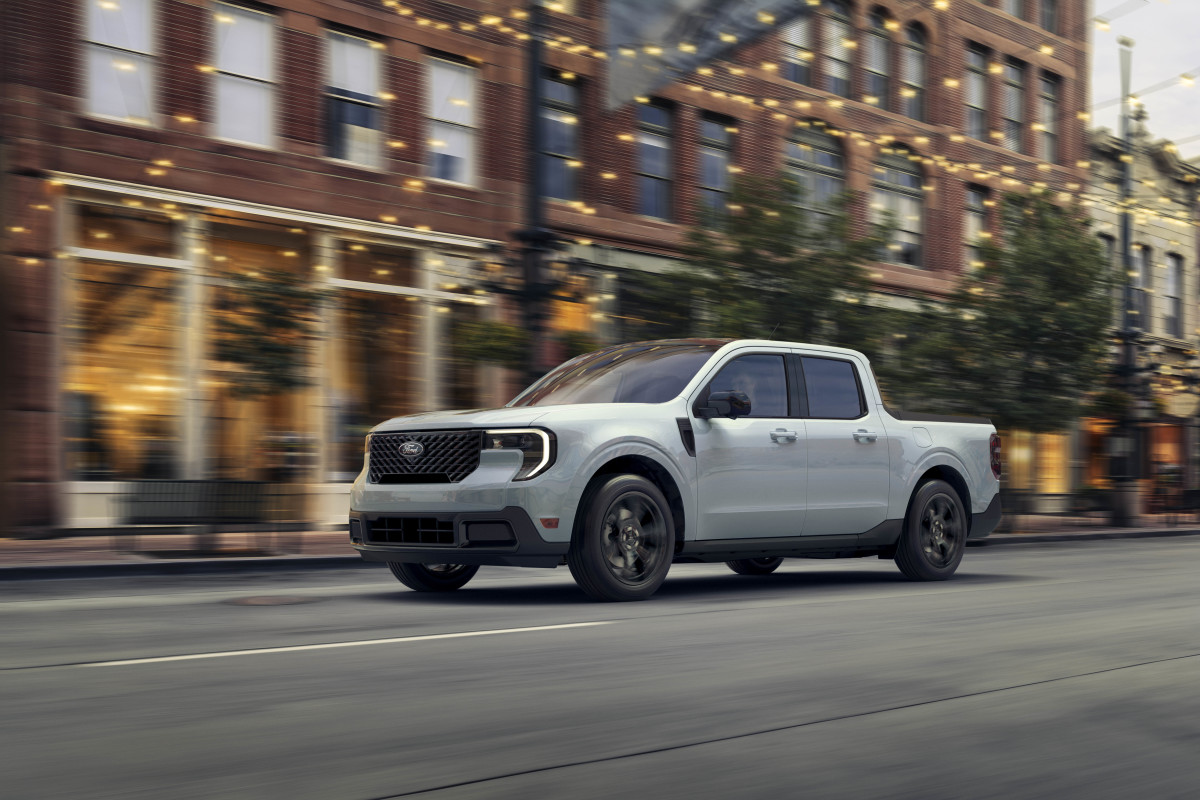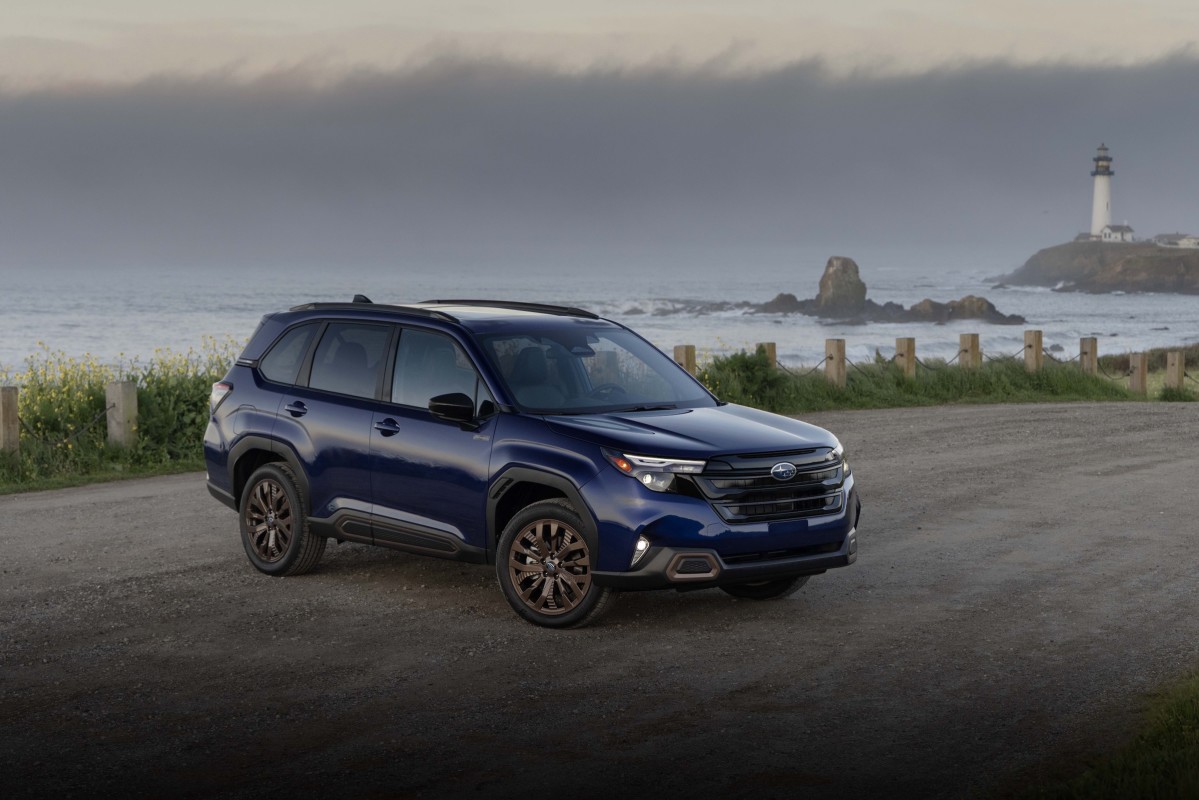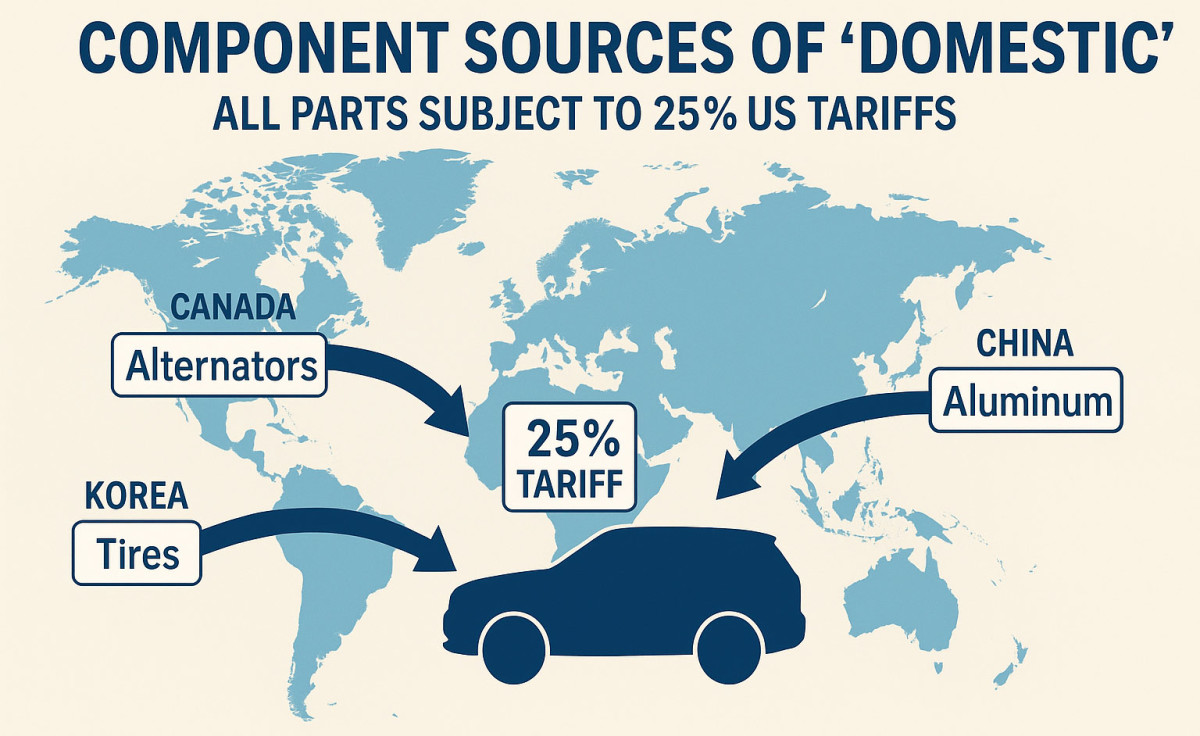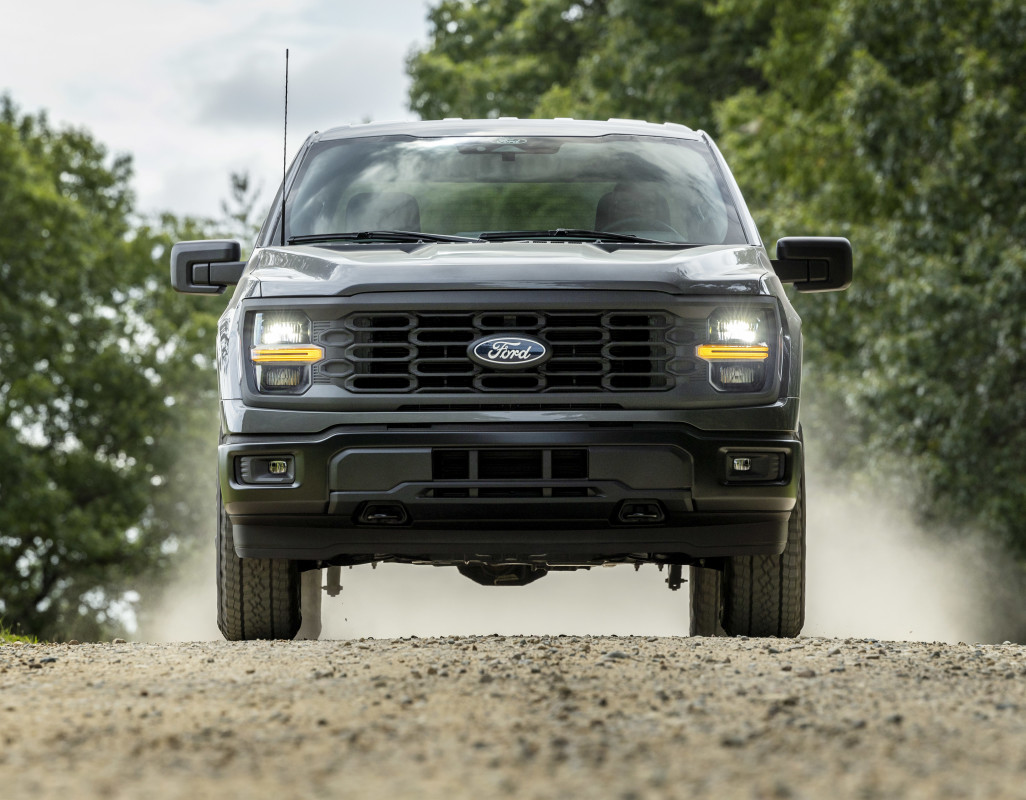Ford Maverick

The Ford Maverick has appeared on the radar for a few more wallet-busting reasons lately. The MSRP has jumped a cool $8,641 from last year, putting a damper on anyone’s dream of owning this practical truck. This isn’t just numbers on paper—it’s real cash. The increase is largely due to tariffs and trade disputes that have ramped up the costs of components sourced globally. If Ford feels like a bit of a bank-drainer, there are economic factors at play beyond just the truck’s specs.
Tariff Trends

Since 2018, a 25% tariff on imported auto parts from China has been adding pressure on the industry. This isn’t just an exercise in policymaking—this is economics on steroids. Automakers are offloading a large portion of these costs onto the consumer; the increased costs already affect vehicle stickers significantly. For instance, the Subaru Forester Hybrid, just by being itself, ended up with an extra $4,000 on its price tag. The big picture? Auto manufacturers will likely accumulate $42 billion in tariff costs by 2025, with customers inadvertently shouldering roughly 90% of that bill through increased MSRPs.
Parts and Assembly

Even the most American of trucks, like the Ford F-150, aren’t purebred. Only around 32% of its parts are made in the USA, with the rest coming from NAFTA-sourced countries like Mexico and Canada. This global sourcing helps them avoid hefty tariffs but raises questions about the authenticity of that “Made in America” label.
Dealer Markups

The auto dealers aren’t left in the dust either, benefiting from all the hoopla. Take Ram trucks, for example; they’re marketed as Michigan’s pride, but these models often have origins tied to Mexico. The point here? Dealerships are more than happy to capitalize on the situation, often marking up the price by about $1,150 overnight due to the allure of a “Made in the USA” tag.
EV Alternatives
If the gasoline-fueled world seems too crazy, maybe it’s time to consider electric. EVs aren’t affected as intensely by these tariffs, with Tesla’s Model Y holding firm in the market. The cost of its batteries fell by nearly half since 2019. The Hyundai Ioniq 5 offers over 300 miles per charge with all the modern tech anyone might need, skirting the complications tied to import taxes.
Pro tip: Leasing might be an option to dodge tariffs, letting another party handle those additional costs.
Transparency Matters
Maybe it’s time that car stickers were more like a receipt, listing out the tariff costs explicitly. Transparency at this level could change how purchasing decisions are made—it puts the consumer in the driver’s seat, armed with enough info to make an informed choice. Part of the challenge is reimagining cars as more than just a sticker price, factoring in the broader economic narratives shaping the automotive market.
BMW M2 CS Hits 523 HP
SUV Gamechanger Emerges
Speedy Bentayga Unveils
Kia's Rugged New Truck
Corolla XSE Value